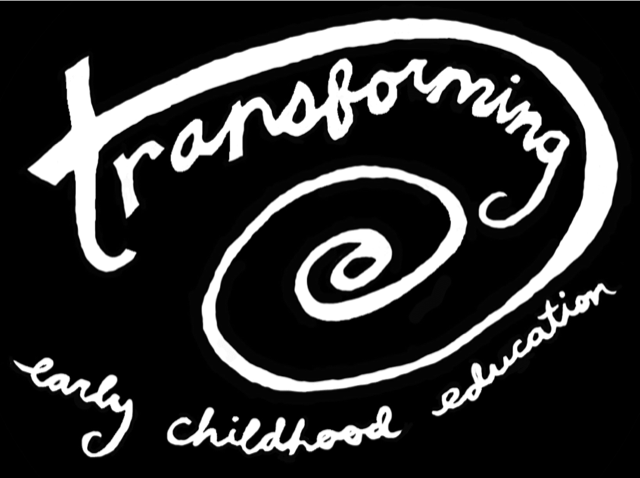VOTE!
VOTE!
As a young early childhood educator, I felt my voice didn't matter. I felt like no one listened when I had a concern or an idea to share. There were always comments like "You haven't done this long enough to understand…" or "That's not how we do things." These comments made me second-guess myself and led to a deeper distrust of my own instincts. It took me longer than I like to admit to find my voice and be the squeaky wheel.
It can feel like our voices and our votes don't matter, but they absolutely do. While voting costs you nothing, it can cost you things that you hold dear if you don't vote. The voting process can seem confusing, and everyone around you has an opinion on who you should vote for. Remember that this is your vote. Your vote is private. No one can find out who you vote for.
It also doesn't matter if you didn't vote in the past. I didn't grow up in a family that discussed politics at all. It wasn't until I had my own child that I understood the importance of voting. In 2008, I took my mom to vote for the first time. Since then, she has tried to understand the political process and research the candidates.
I want you to think about the things you are passionate about. Are you concerned about healthcare, bodily autonomy, or climate change? Research the candidates' views on these areas. Childcare funding affects everyone who works in early education. Make sure to research how the candidates plan to take action, fund childcare for families, and provide a living wage for early childhood professionals.
In addition to researching the presidential and senate candidates, you should research your state and local officials who are running for office. The phrase "down ballot or down ticket" describes voting for your state and local officials.
Here are some nonpartisan sites to help you in your research. Nonpartisan means they are not funded, affiliated with or supported by a political party.
Did you know that our public schools are funded at three different levels? The Federal government does not officially fund schools, but it does give states a certain amount of money with criteria for how it can be used. Each state's government gathers and distributes funding through sales and income taxes. Local governments sometimes contribute to the funding process. The people we elect make these funding decisions.
If you have a child (or know a child) who has an Individualized Education Plan (IEP), the Individuals with Disabilities in Education (IDEA) Act plays an essential role in the process. In 1975, IDEA (the nation's special education law) was passed. This act ensures that all children with an identified disability receive education (and related services), are prepared for independent living, and have their rights and the rights of their families protected. Governmental changes to IDEA can have detrimental effects.
Our federal, state, and local governments determine these two areas of education. Please take some time to research how the US political system affects our educational system.
Anyone who cares about our nation's children has the right to speak out and share information that will improve their lives. As an educator, it is "in your lane" to speak about the political process and how it impacts America's education. We must take the time to learn about local, state, and federal government and their roles in our children's education. Please take the time to read, research, and ask questions after you've done all of this; for the sake of all of our children, VOTE!



